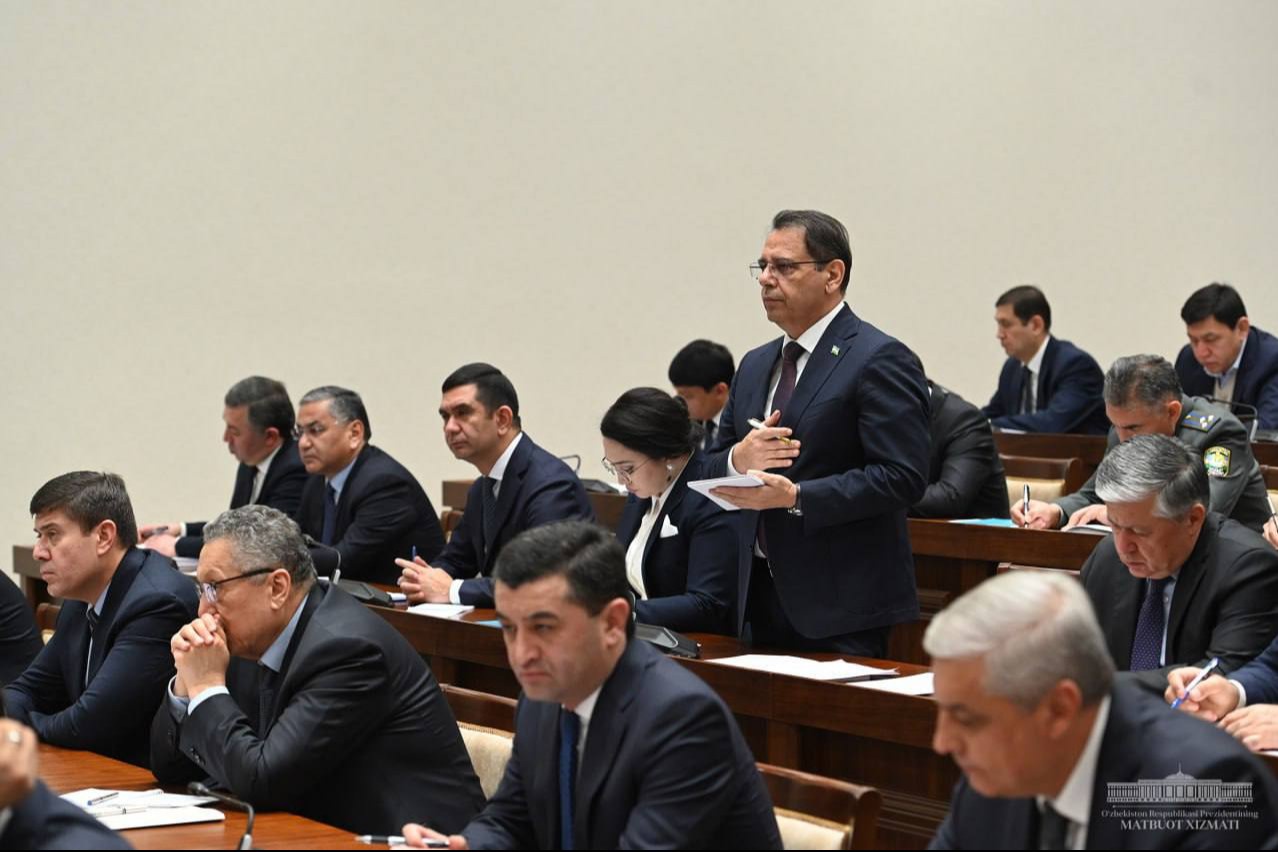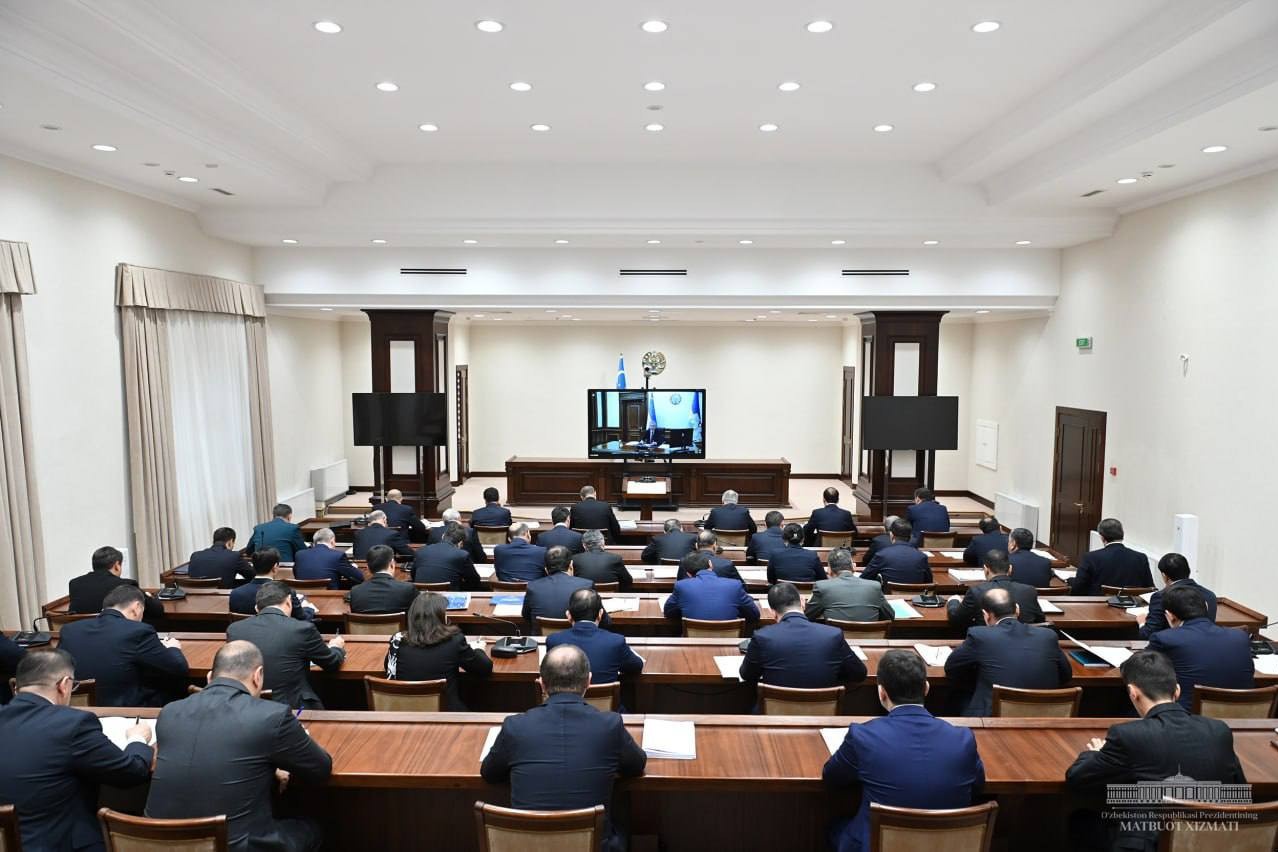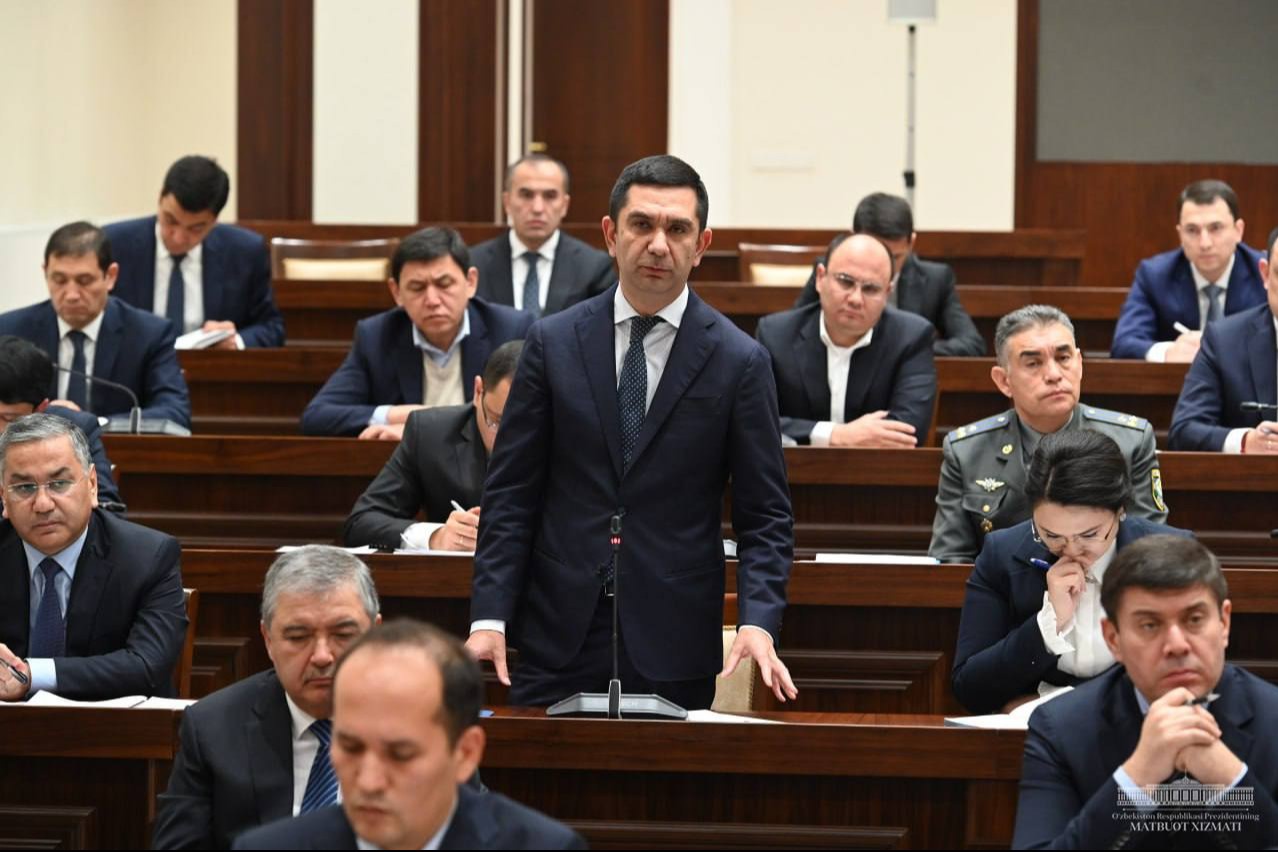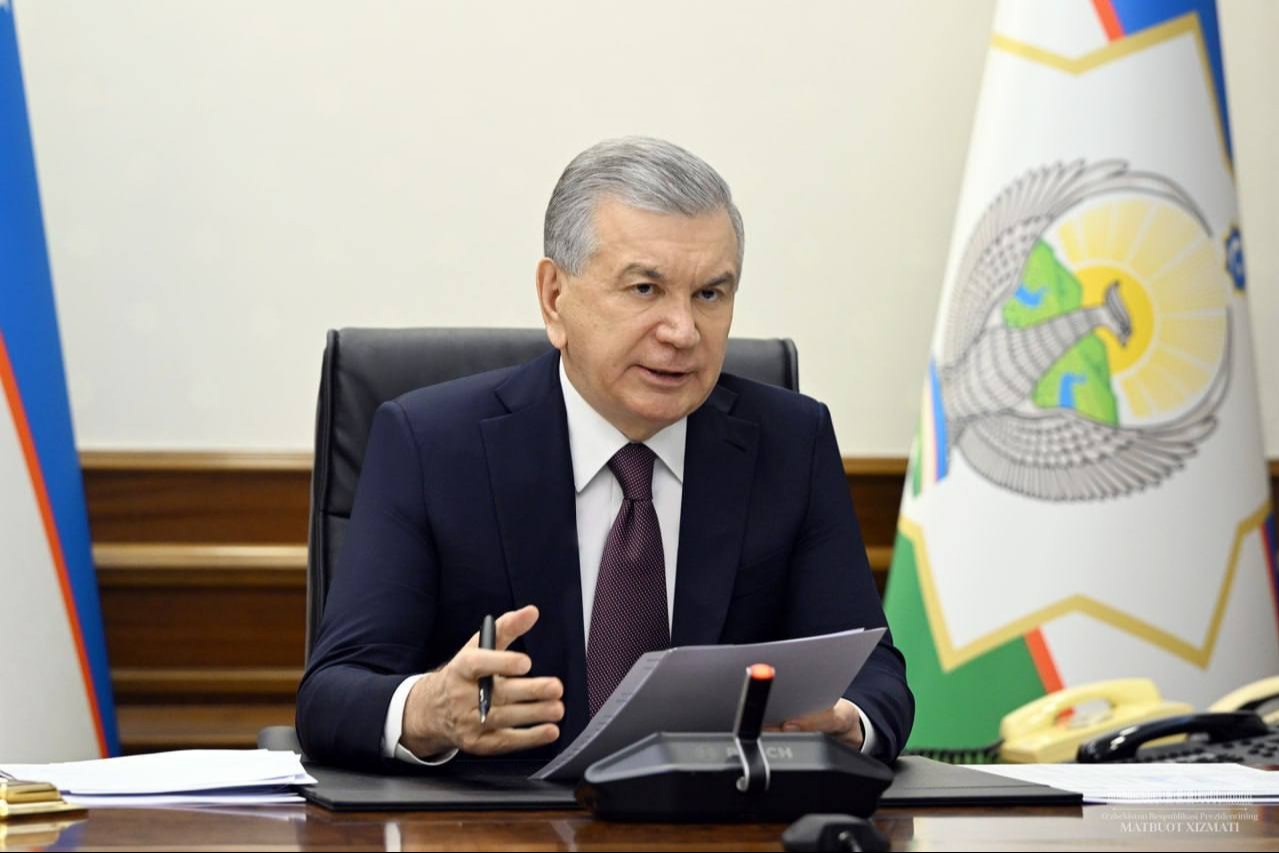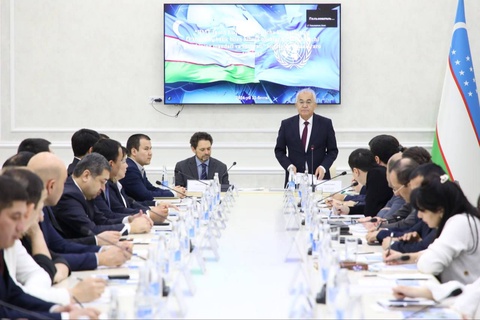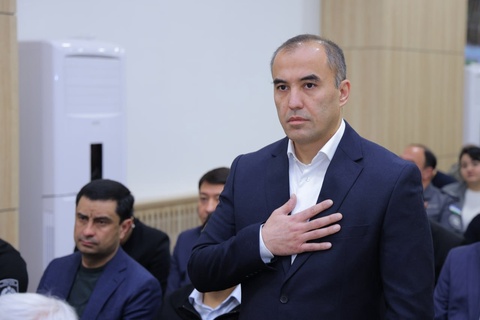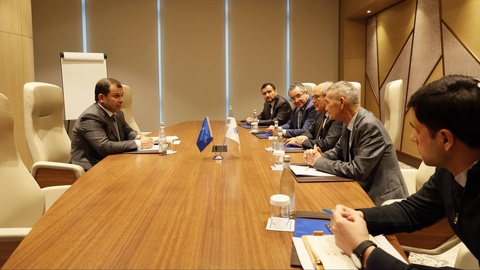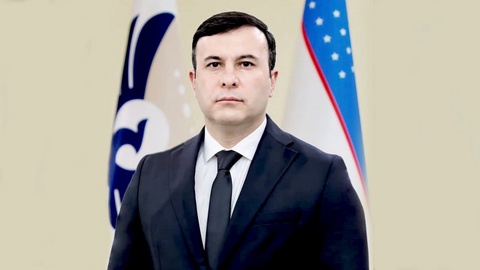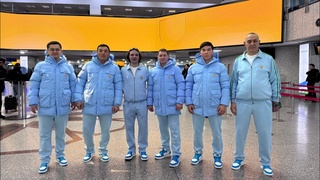This issue always occupies a priority place in the state’s social policy. In the context of economic globalization, the need for qualified mid-level personnel continues to grow.
In this regard, key aspects of training such specialists were analyzed, and current tasks were identified at the meeting.
Over the past five years, equipment worth $24 billion has been imported for industrial enterprises in the country, 63 thousand new capacities, and 1.5 million permanent jobs have been created. There is a need for more than 200 thousand qualified specialists in various sectors of the economy.
New enterprises will need another 500,000 specialists as part of investment programs for the next three years. Qualified personnel are required to work with new equipment and technologies.
Uzbekistan already has a positive experience of cooperation between technical schools and manufacturing enterprises to develop a dual education system. In particular, the Asaka Transport and Mechanical Engineering Technical School, the Bukhara Technical School of Energy, Oil and Gas, the Shirin Energy Technical School, as well as technical schools in Guzar and Shakhrisabz, together with local and foreign enterprises, train modern specialists.
The measures to support private enterprises participating in this process and to create attractive conditions for them to expand dual education were defined at the meeting.
Together with Germany, 14 technical schools have organized training in popular professions and the German language. Hokims and industry leaders were instructed to introduce similar experience in at least five regional technical schools.
Knowledge of foreign languages is essential for mastering modern professions. In this regard, instructions were given to increase the number of language classes in schools and vocational training centers and attract foreign teachers to technical schools.
The need to improve the quality of training in 65 professional centers that are part of the Ministry of Employment and Poverty Reduction, and to attract grants to equip the centers with the equipment necessary for training in relevant professions was noted.
The programs of 13 training centers for construction professions will also be brought into line with labor market demands. The recruitment system will be digitalized, allowing the training of up to 20,000 specialists annually.
The issuance of internationally recognized certificates to individuals who have mastered the profession independently or as an apprentice will be organized. For this purpose, five centers for assessing professional skills will be created in the regions.
The Ministry of Foreign Affairs has been instructed to take the necessary measures to simplify the visa regime for citizens of countries such as the United Kingdom, Germany, Canada, Slovakia, Australia, and New Zealand who wish to receive an education, improve their qualifications, and work in modern enterprises abroad.
As is known, in developed countries, there are programs like “Work and Travel”. In particular, the youth of Uzbekistan visit European countries during the holidays, where they combine studying with earning money. To expand access to such an opportunity, starting next year, the Youth Affairs Agency will begin providing students with loans to cover travel costs.
In addition, the need to strengthen the dialogue with compatriots working abroad, create conditions for taking up high-paying jobs, and provide them with social and legal support was noted.
Reports from responsible persons were heard at the meeting. Specific tasks were defined for training the unemployed in sought-after professions and ensuring employment for citizens returning from abroad.


